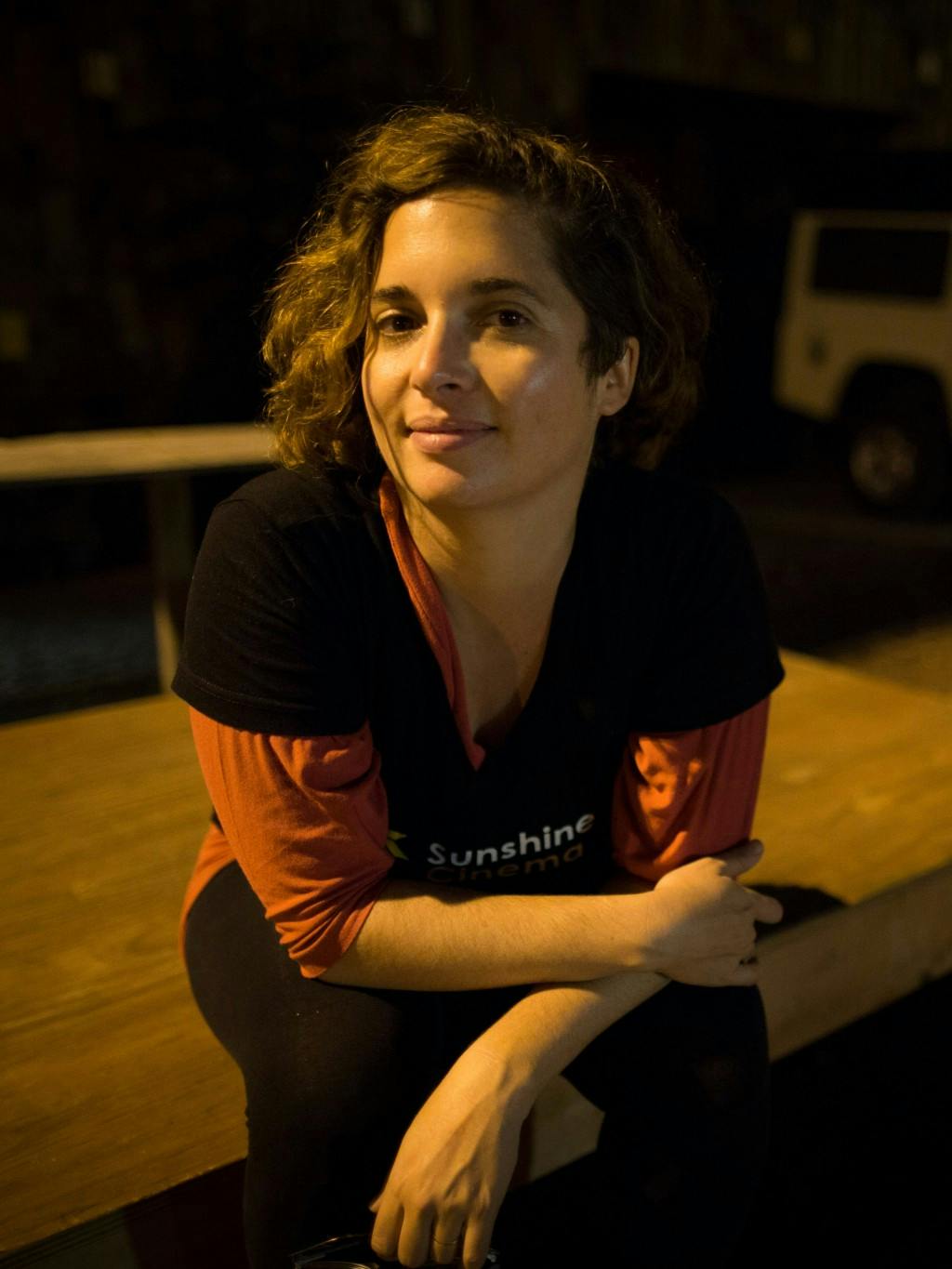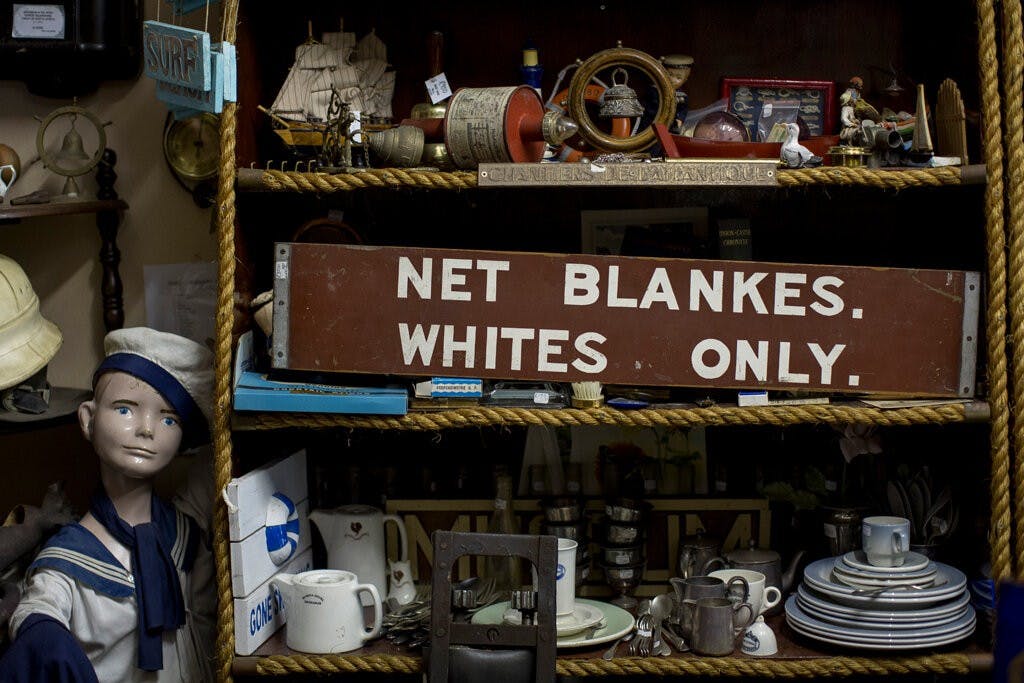
Sydelle Willow Smith
South Africa
With a background in photography from the Market Photo Workshop and a Masters in Social Science in African Studies from Oxford University (St Antony's), Sydelle's academic research has focused on the politics of participatory visual research dynamics from an applied anthropology perspective. She is passionate about audience engagement and experimenting with modes of public participation. It is within the context of public participation where she has drawn together her interests in media, anthropology, and socio-political interventions.
In 2017, Sydelle and her husband Rowan Pybus co-founded the solar powered mobile cinema non-profit network Sunshine Cinema. Sunshine Cinema celebrates the power of storytelling to inspire communities to drive social change through dialogue and action. They address youth unemployment through their Sunbox Ambassadorship program by training young people to be media facilitators, equipping them with a mobile, solar cinema kit called ‘The Sunbox’. The Ambassadors mobilise their communities to spark conversation; promoting active citizenship inspired by the power of African Films.
For the past seven years, Sydelle has been working on a personal documentary project, focusing on white peoples' conceptions of belonging in relation to settler colonial histories entitled Un/Settled. The project has been published in the New York Times and publicly exhibited in both New York, the Netherlands with World Press Photo. An American chapter of the project will commence in Minnesota in August 2022, as part of her work as a Senior Fellow with the Atlantic Institute's Racial Equity Fellowship.
